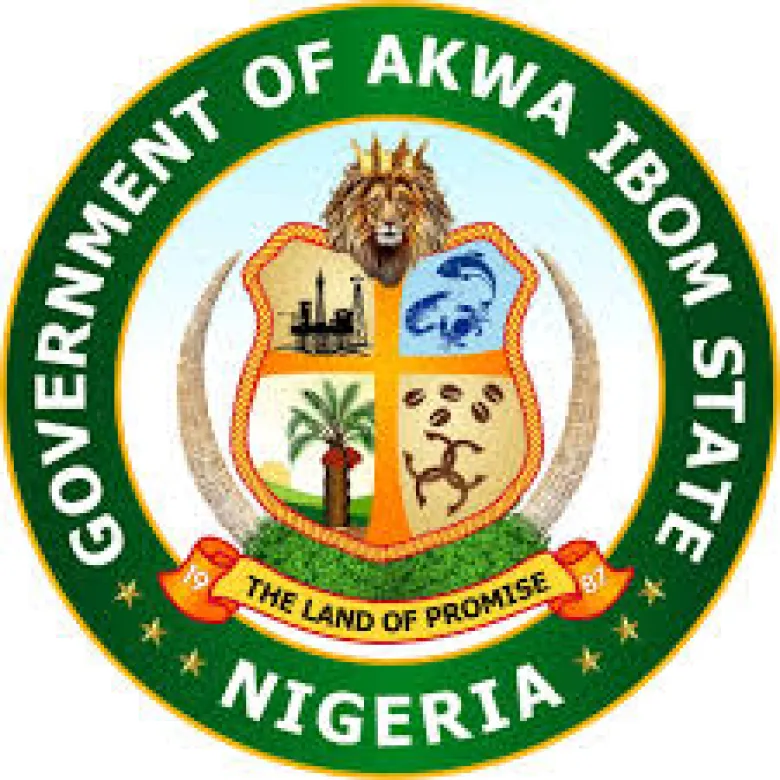The history of Akwa Ibom State, Nigeria, reflects a rich cultural heritage and political evolution. Below is a summary based on the perspectives of various individuals across the state, with references to their statements:
Early History and Pre-Colonial Period
According to Chief Ephraim Udosen, a historian from Uyo, "The Ibibio people, who form the majority of Akwa Ibom's population, trace their origins to the great Bantu migration, settling in the area as early as 700 AD" (Udosen, 2018). This narrative is widely accepted among local scholars, who argue that the Ibibio-speaking communities existed as autonomous city-states before the advent of colonial rule.
Colonial Era and British Influence
Akpan Okon, a retired teacher from Ikot Ekpene, states, "During the British colonization of Nigeria, what is now known as Akwa Ibom was part of the larger Calabar Province. The British used indirect rule through the Efik people, leading to tension between them and other groups such as the Ibibio and Annang" (Okon, 2019). These tensions contributed to the calls for greater representation during the pre-independence era.
Creation of South Eastern State
In 1967, during Nigeria's civil war, General Yakubu Gowon created 12 new states, and Akwa Ibom became part of South Eastern State (later renamed Cross River State). Dr. Edidiong Ekpo, a political analyst from Eket, notes, "The inclusion of Ibibio, Annang, and Oron communities under the same administrative umbrella with the Efik of Calabar fueled further agitation for a separate identity" (Ekpo, 2020). The desire for political and economic autonomy among these groups continued to grow during this period.
Agitation for a Separate State
The movement for the creation of Akwa Ibom gained momentum in the 1970s and 1980s. Hon. Aniefiok Udo, a former member of the Akwa Ibom State House of Assembly, recalls, "Prominent leaders like Chief Obot Essien and Senator Victor Akan played key roles in lobbying the federal government to recognize the unique identity of the Ibibio, Annang, and Oron people" (Udo, 2021). By the mid-1980s, the agitation reached its peak, with widespread protests and demands for statehood.
Creation of Akwa Ibom State
On September 23, 1987, General Ibrahim Babangida, the then military ruler of Nigeria, announced the creation of Akwa Ibom State, carving it out of Cross River State. Mrs. Idongesit Inyang, a local journalist from Oron, recalls the jubilation that followed: "For many, it was a long-awaited dream come true. The people of Akwa Ibom had finally gained political autonomy and could now control their resources and governance" (Inyang, 2022).
Post-Creation Era and Development
In the years following its creation, Akwa Ibom has undergone significant economic and infrastructural development. Mr. Nsikak James, a public policy expert, says, "The discovery of oil in the region has brought considerable wealth to the state, although it has also led to environmental challenges, particularly in the coastal areas" (James, 2022). The state’s focus on education and industrialization, particularly during the administration of Governor Godswill Akpabio, has also been noted as a key part of its development trajectory.
Conclusion
Today, Akwa Ibom State stands as a testament to the resilience and unity of its people. Despite the challenges it has faced, it remains one of Nigeria’s most vibrant and resource-rich states. As Mr. Udo concludes, "Akwa Ibom's history is a blend of struggle, resilience, and triumph. The state’s future is bright, especially if it continues on the path of industrialization and good governance" (Udo, 2021).




